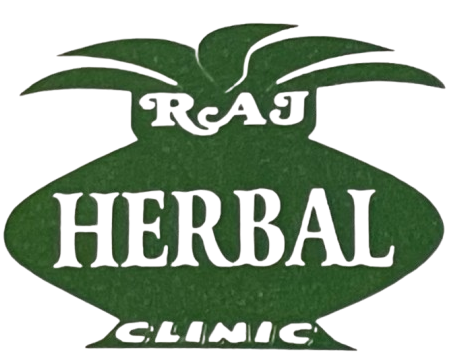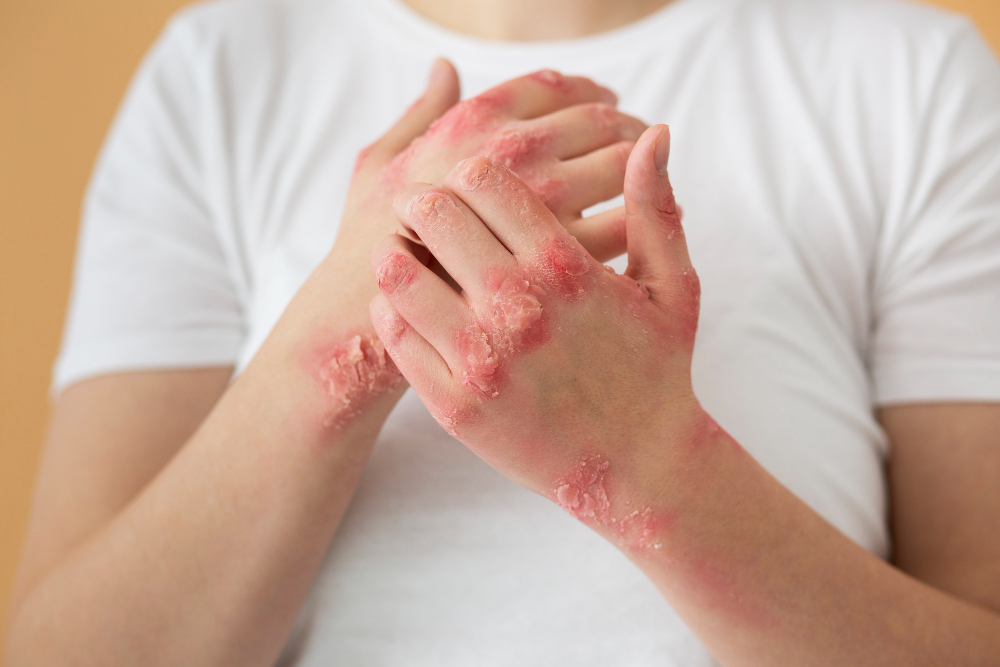What is Psoriasis?
Psoriasis is a long-lasting skin condition. It causes red, scaly patches on the skin. These patches can be itchy or sore. Often, they appear on the elbows, knees, scalp, or lower back. However, they can show up anywhere on the body. Psoriasis is not contagious. This means you cannot catch it from someone else. The condition can come and go over time. While there is no cure, you can manage symptoms and prevent flare-ups.
Common Symptoms of Psoriasis
Psoriasis symptoms can vary from person to person. Still, some signs are common. Early detection helps in better management. Look for these symptoms:
If you notice these signs, it is wise to seek advice. Early care can help prevent worsening.
Causes and Risk Factors
Doctors do not know the exact cause of psoriasis. However, it is linked to the immune system. The body’s defense system attacks healthy skin cells by mistake. This leads to rapid skin cell growth. Several factors can trigger or worsen psoriasis:
Knowing your triggers can help you avoid flare-ups. For many people, a mix of genes and lifestyle plays a role.
Ayurvedic Perspective on Psoriasis
Ayurveda is an ancient Indian system of medicine. It views health as a balance of body, mind, and spirit. According to Ayurveda, psoriasis happens when there is an imbalance in the body’s energies. These energies are called doshas. In psoriasis, the main doshas involved are Vata and Kapha. When these doshas are out of balance, toxins build up in the body. This can lead to skin problems like psoriasis. Ayurveda aims to restore balance and remove toxins. This helps prevent and manage skin issues.
Ayurvedic Prevention Strategies
Ayurvedic prevention of psoriasis focuses on natural remedies and daily habits. These methods aim to keep the skin healthy and reduce flare-ups. Here are some key strategies:
Always talk to a qualified Ayurvedic practitioner before starting new remedies. Some herbs may not suit everyone.
Lifestyle and Dietary Guidance
Simple changes in your daily routine can support healthy skin. Ayurveda for skin health recommends the following tips:
In addition, avoid known triggers like smoking or alcohol. For people living in India or dry climates, use gentle, natural moisturizers to protect your skin from dryness.
When to Seek Medical Advice
While natural remedies for psoriasis can help, some cases need medical care. You should see a doctor or dermatologist if:
Early treatment can prevent complications. The World Health Organization and the CDC recommend regular check-ups for chronic skin conditions.
Conclusion and Call-to-Action
In summary, prevention of psoriasis with Ayurveda involves natural remedies, healthy habits, and balanced living. By following Ayurvedic prevention tips, you can support your skin’s health and reduce flare-ups. However, everyone’s needs are different. Consult a qualified Ayurvedic practitioner or dermatologist for personalized advice on psoriasis prevention.

